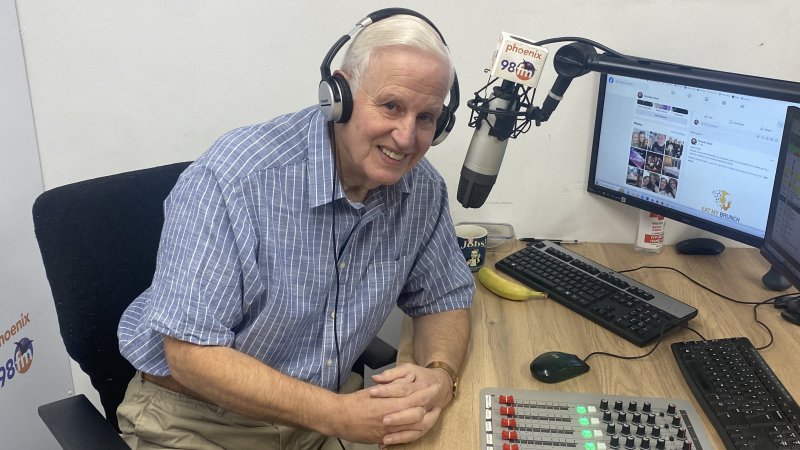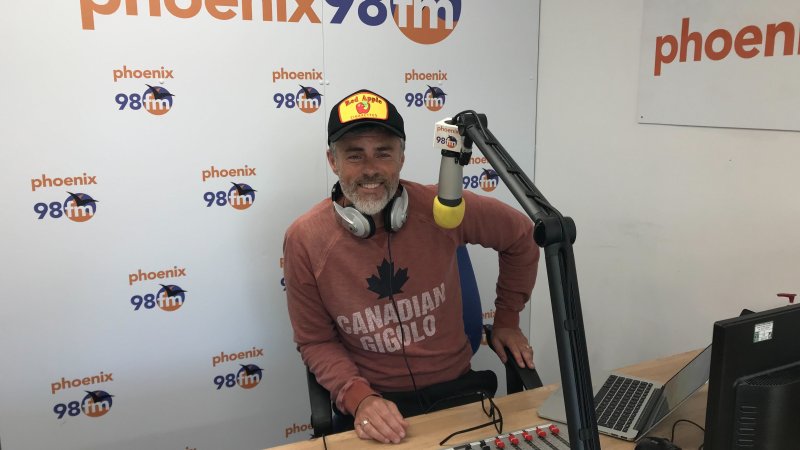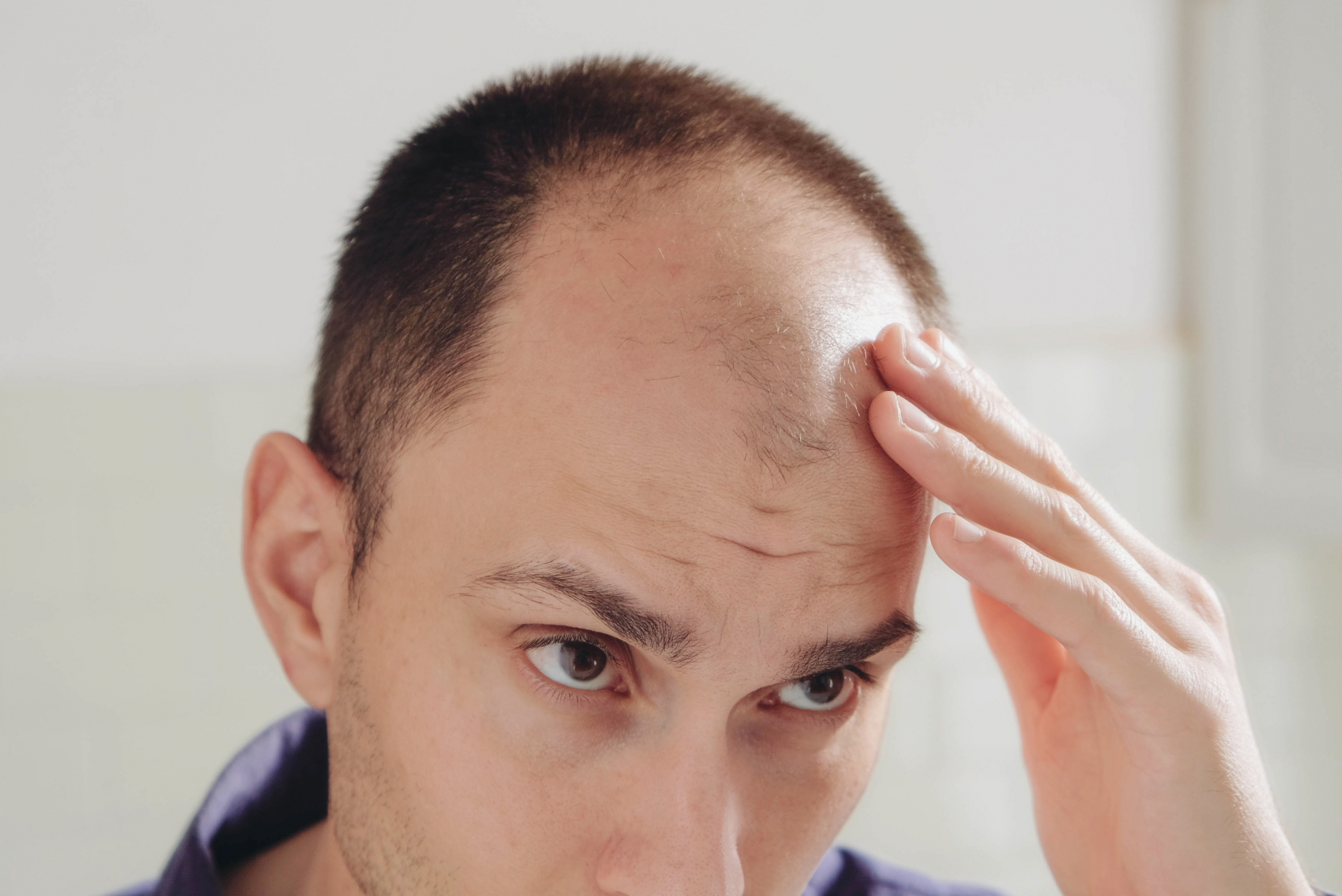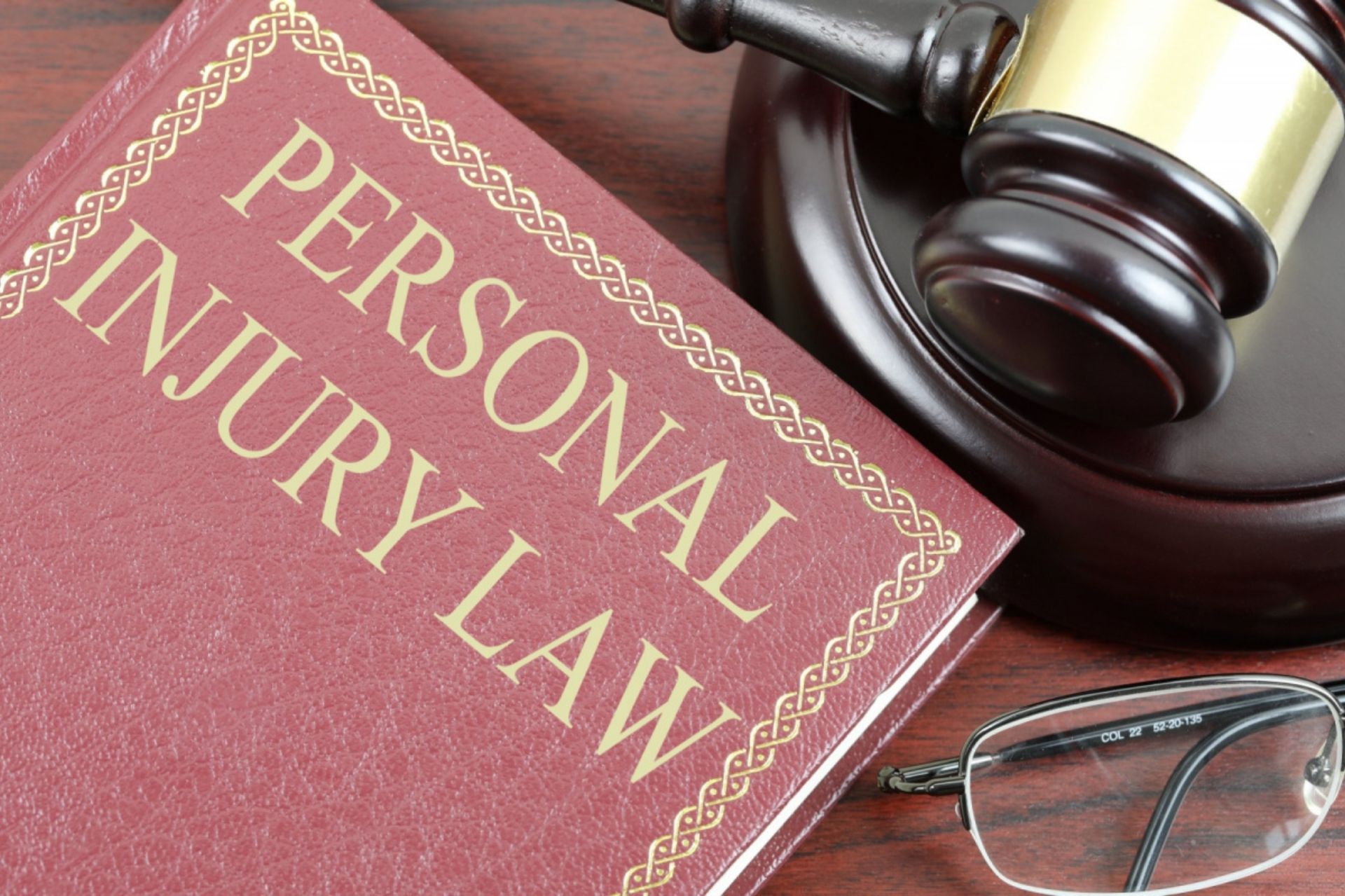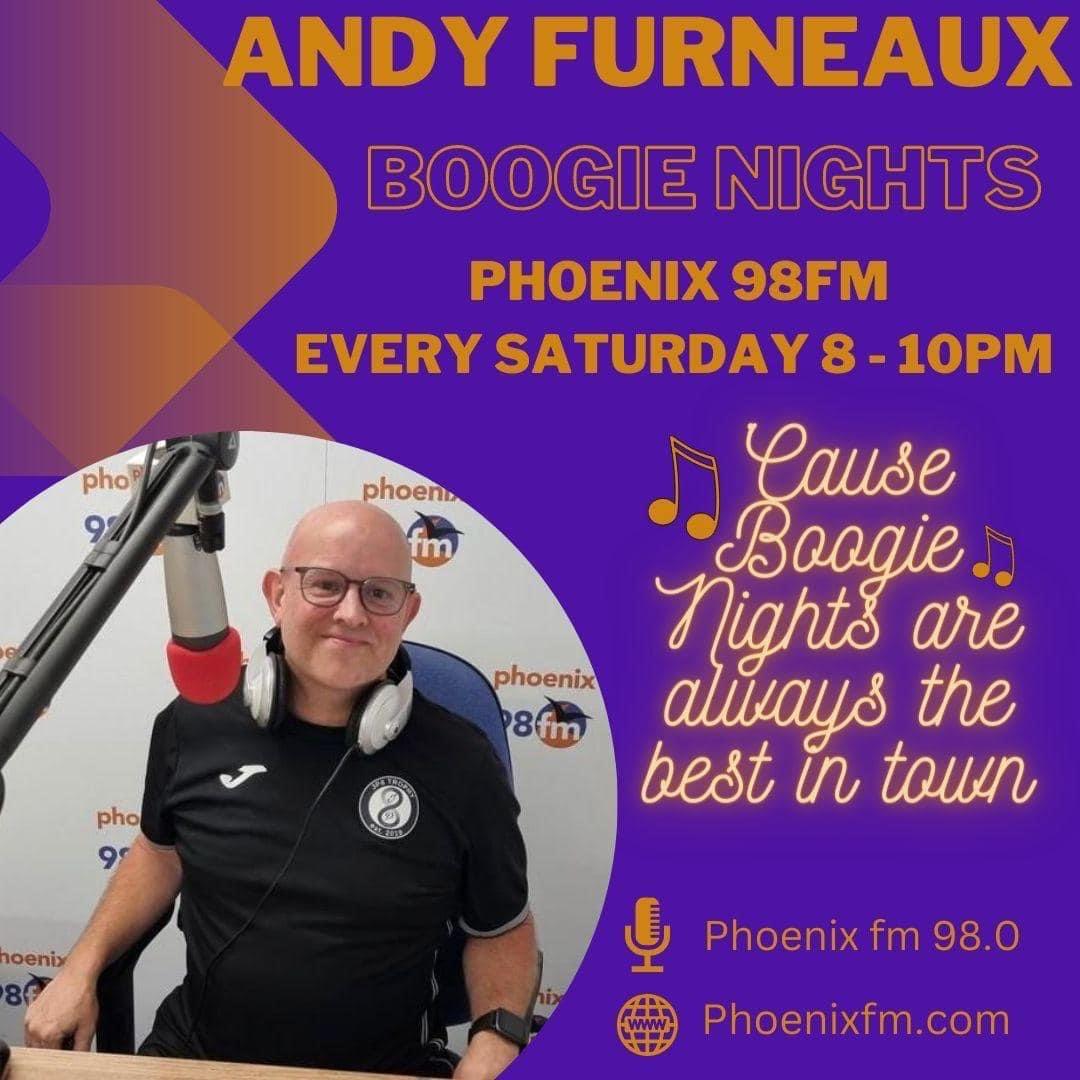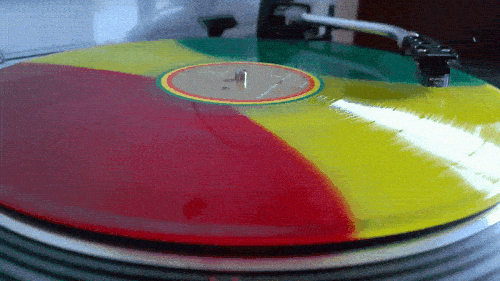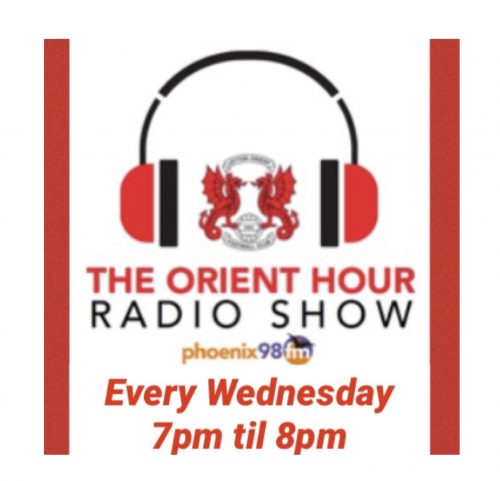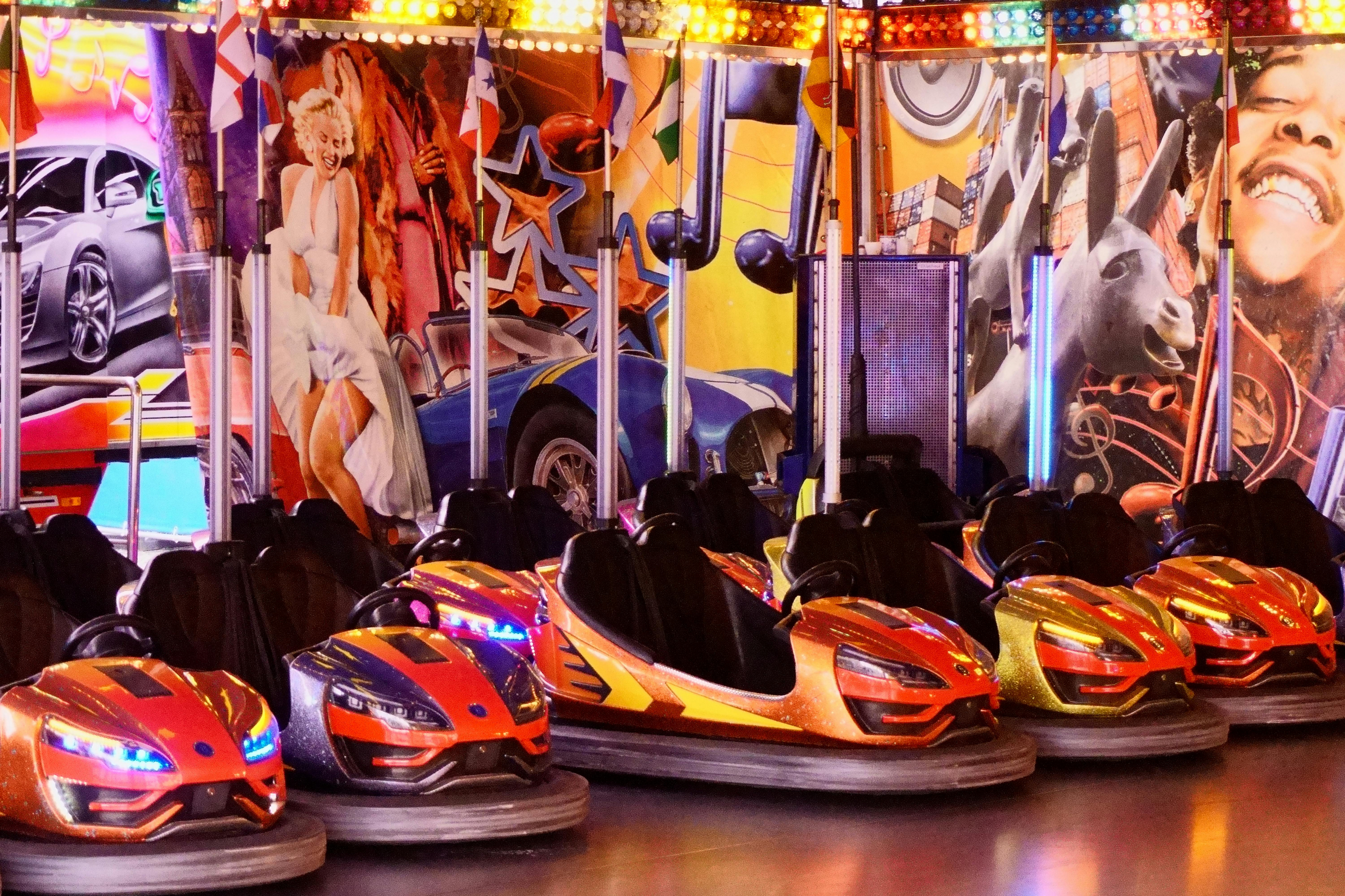A heart attack, medically known as myocardial infarction, occurs when the blood supply to one or more areas of the heart decreases. It is usually caused by the presence of a blood clot in one of the main arteries that supply the heart.
Although heart attacks are very scary and can be fatal, they don’t always result in fatalities. The chances of somebody making a full recovery are higher if they get immediate help.
Most people have no idea what to do in the event of a heart attack. We’ve all seen the educational videos about performing CPR but how many of us really pay attention to them? How many of us could accurately replicate what we see in those videos?
Instead, we just keep our fingers crossed that we won’t ever need to help somebody who is under cardiac arrest!
But knowing the signs and symptoms of a heart attack, and knowing what to do if somebody is having one in front of you could make the difference between life and death. It could save your own life if you know when to seek medical help.
What Are the Signs and Symptoms of Heart Attacks?
The common signs and symptoms of myocardial infarction are:
-
Chest pains
-
Pain that radiates from the chest to one or both arms
-
Breathlessness
-
Excessive sweating
-
Pain in the upper abdomen
-
Dizziness
-
Collapsing
-
Blue lips
-
Irregular pulse
-
Feelings of impending doom
-
Feelings of fullness in the stomach
-
Fatigue
-
Nausea and vomiting
-
Pain in the neck or shoulders
You may spot some of these symptoms in other people or yourself. If so, it’s vital that you get immediate medical attention. You could potentially save several lives!
Symptoms may start off as mild pain or discomfort, but they can quickly progress into more serious signs of a heart attack. The severity of symptoms can vary depending on age, pre-existing health conditions, and which area of the heart is getting insufficient oxygen levels.
What Should You Do in the Event of a Cardiac Arrest
If somebody has a heart attack, time is of the essence. As scary as the situation is, you must try and stay composed so that you can help the individual as much as possible.
Here are some key steps to take in the event of a cardiac arrest.
Call For Help
The first step is always to call for help. Shout out to grab other people’s attention in the area. You never know who is around, and there might be a medical professional nearby who can help.
If there is nobody in the nearby vicinity that can help, search for medical alert systems. Using such systems will enable you to communicate directly with the emergency services team so that they can quickly come to your location.
Alternatively, call the police or emergency medical services immediately. Tell them that there is a cardiac arrest and follow this up with your exact location. There might be different numbers for the mental health services and the normal emergency medical services in your area, so make sure you call the right people!
Emergency medical services (EMS) personnel can then quickly find you and begin treatment as soon as possible. The quicker the person receives treatment, the higher their chances of survival.
EMS personnel are qualified and trained in performing CPR if the person stops breathing. Once they arrive at the scene, they will take over. You can rest assured knowing that the person who is in cardiac arrest is in safe hands.
Before the Paramedics Arrive
You might be wondering what you are supposed to do in the few minutes before the emergency team gets to your location. Every minute counts when somebody is having a heart attack, so it’s important to take as much action as you can before the professionals arrive at the scene.
One of the most important things is to remain calm. This includes calming down the person who is having a heart attack. Of course, this is much easier said than done, but remaining calm will reduce the risk of further complications.
If a person is unconscious and you feel confident enough to attempt CPR, begin compressions as quickly as you can. Try to continue CPR until the EMS team arrives. CPR keeps the person’s blood oxygenated as it flows around the body.
Give the Person Aspirin to Chew On
Aspirin is a blood thinning medication. Chewing on aspirin while waiting for the emergency services will prevent the person’s blood clot from getting worse. If the blood clot is small, the aspirin may help to break it down slightly, which can help to dilate and unblock the blood vessels around the heart.
The important thing to be aware of when giving somebody else aspirin is allergies. Some people are allergic to aspirin and this is not something that you will know if the person is a stranger. We would recommend to only give aspirin to those who you know are not allergic to this medication, such as family members and friends.
Use an AED if Possible
An AED is the shortened term for automated external defibrillators, which are specialized pieces of medical equipment. AEDs administer an electric shock through the wall of the chest to shock the heart. This type of machinery can significantly increase the chances of survival in somebody whose heart has stopped.
AEDs can be used by qualified medical personnel. If you are a medical professional and there is an AED nearby, you can and should use it if necessary. However, if you are a bystander or a family member, you will still be able to use an AED.
Note that AEDs should never be used on somebody who is not in cardiac arrest or those whose heart is not beating abnormally. AEDs are designed to shock the heart into beating regularly once again. Shocking a heart that does not have an abnormal rhythm could do more harm than good.




